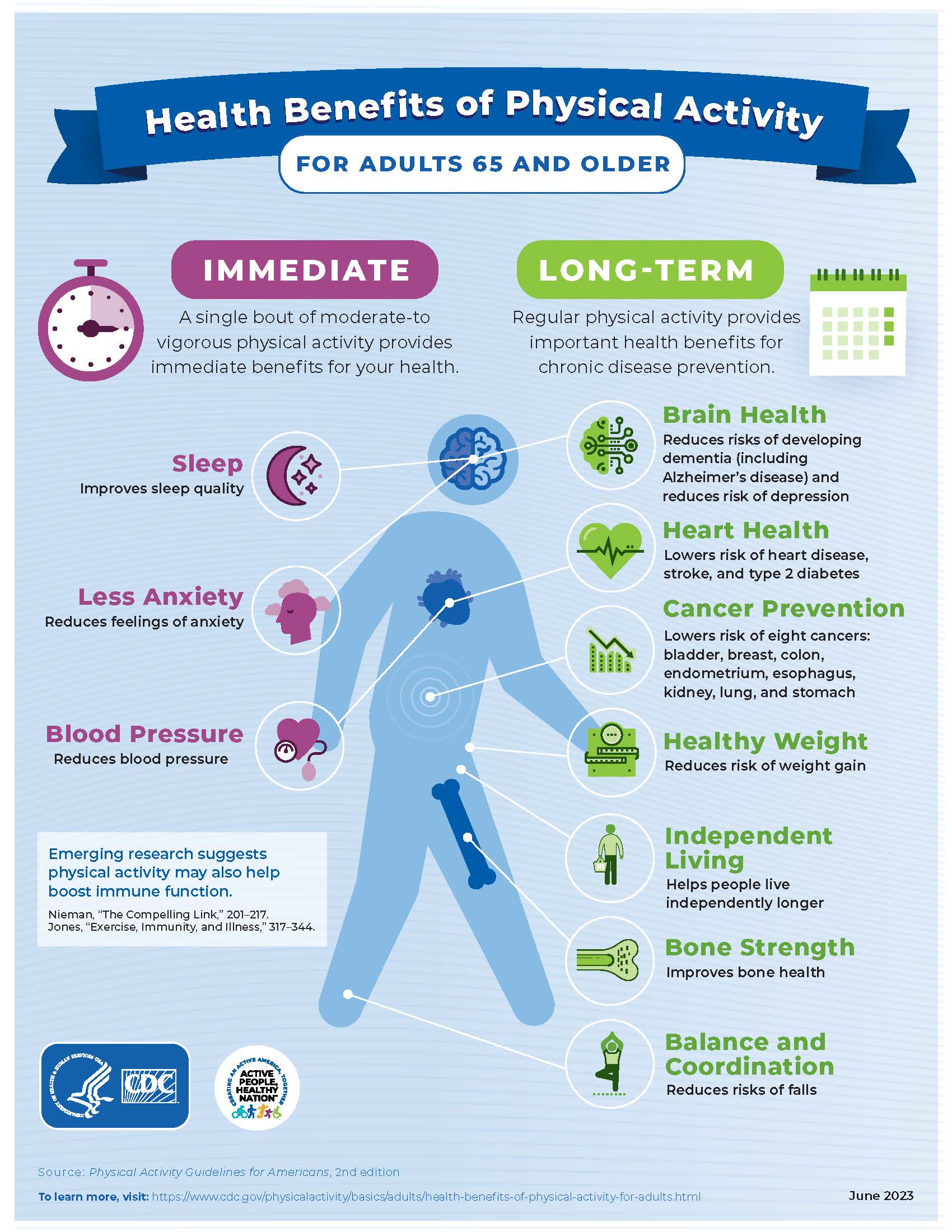
Sleep’s Vital Role: Night’s Importance
A good night’s sleep is crucial for overall health and well-being. Understanding its significance and adopting healthy sleep habits can immensely impact our physical, mental, and emotional health.
Physical Health Benefits
Quality sleep supports physical health in various ways. It aids in repairing tissues, boosting immune function, regulating hormones, and maintaining a healthy weight. Good sleep contributes to better cardiovascular health and lowers the risk of chronic diseases.
For expert insights into the importance of a good night’s sleep, visit Women’s Health and Style for comprehensive information.
Enhanced Mental Performance
Sleep plays a pivotal role in cognitive function. Adequate sleep improves focus, attention, creativity, and problem-solving abilities. It supports learning and memory consolidation, allowing the brain to function optimally.
Emotional Well-being and Sleep
Sleep and emotions are intertwined. A lack of sleep can lead to irritability, mood swings, and heightened emotional reactivity. Quality sleep fosters emotional resilience, improving overall emotional well-being.
Regulation of Hormones
Adequate sleep regulates hormone levels. It helps balance hormones that control appetite, hunger, and stress, contributing to better weight management and reducing the risk of metabolic disorders.
Immune System Support
Quality sleep is vital for a robust immune system. During sleep, the body produces cytokines, proteins essential for fighting infections and inflammation. Consistent, quality sleep enhances the body’s ability to fend off illnesses.
Sleep’s Impact on Productivity
Restful sleep significantly impacts productivity and daily performance. Individuals who sleep well tend to be more focused, efficient, and less prone to errors or accidents, both at work and in daily activities.
Long-term Health Benefits
Consistent, quality sleep contributes to long-term health. It plays a role in preventing various health conditions such as hypertension, diabetes, obesity, and mental health disorders.
Sleep and Recovery
Sleep is vital for physical recovery. Athletes and individuals engaged in physical activities benefit from sleep as it aids in muscle recovery, repair, and overall physical restoration.
Establishing Healthy Sleep Habits
Adopting healthy sleep habits, such as maintaining a regular sleep schedule, creating a comfortable sleep environment, limiting screen time before bed, and practicing relaxation techniques, greatly improves sleep quality.
Sleep as a Priority
Recognizing the importance of sleep and prioritizing it in daily life is crucial. Creating a bedtime routine and valuing sleep as an essential component of overall health fosters better sleep habits.
Understanding and valuing the importance of a good night’s sleep is pivotal for optimal health. By prioritizing sleep and adopting healthy sleep practices, individuals can significantly improve their physical, mental, and emotional well-being. Always consult healthcare professionals for personalized advice on improving sleep quality.

:max_bytes(150000):strip_icc()/HowtoProperlyWashHands_770729_Final_1-53dd333dbd5c4d4c82fea8d48c8ff3bd-f3b5c6a911f64538b12bbd705116b654.png)

